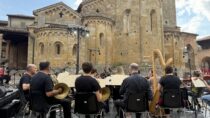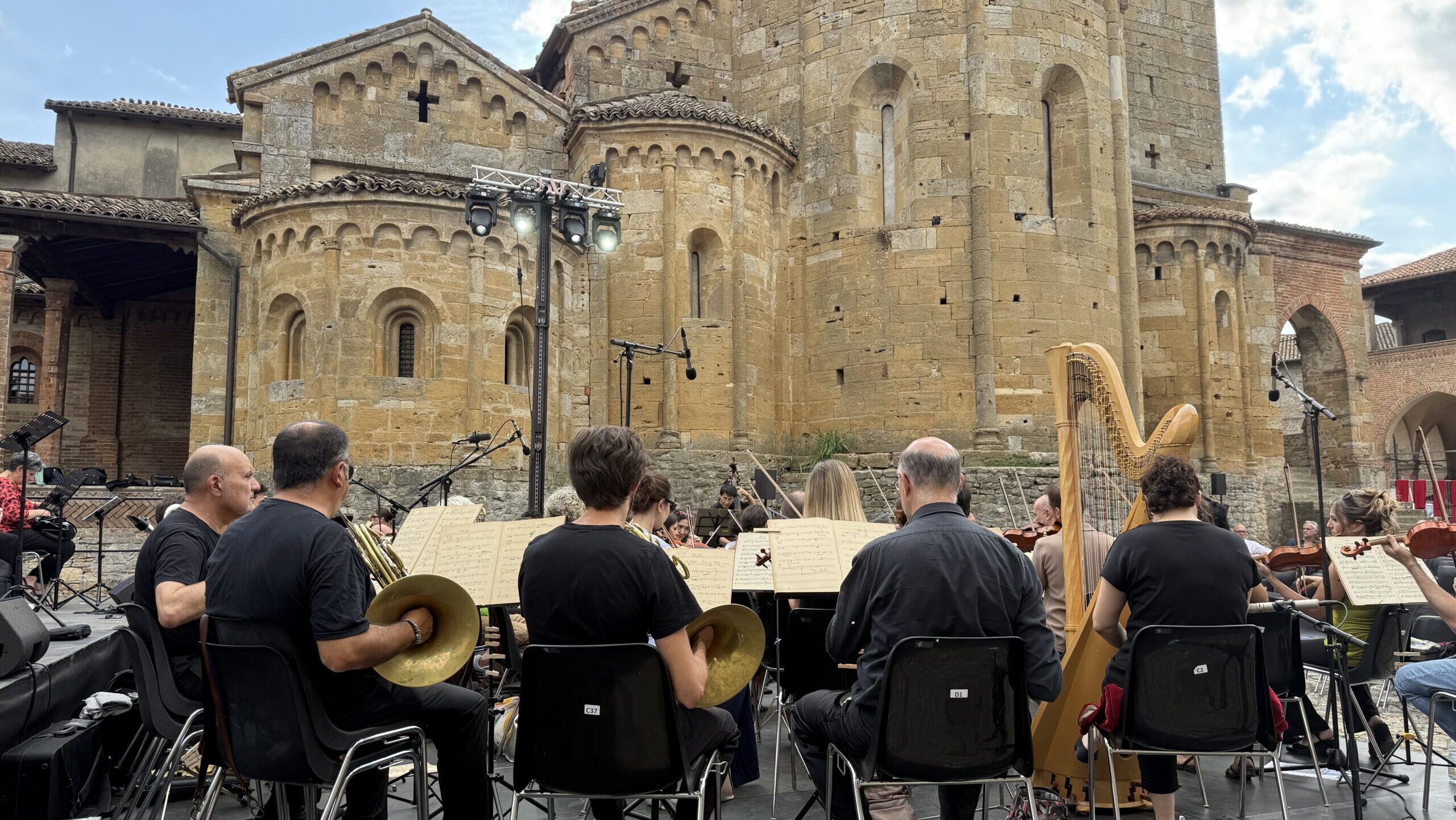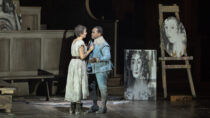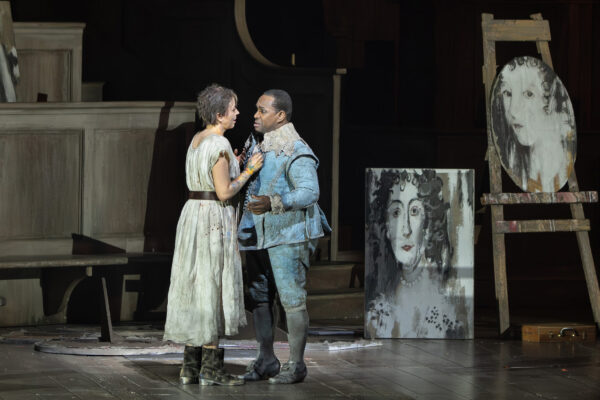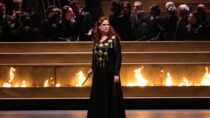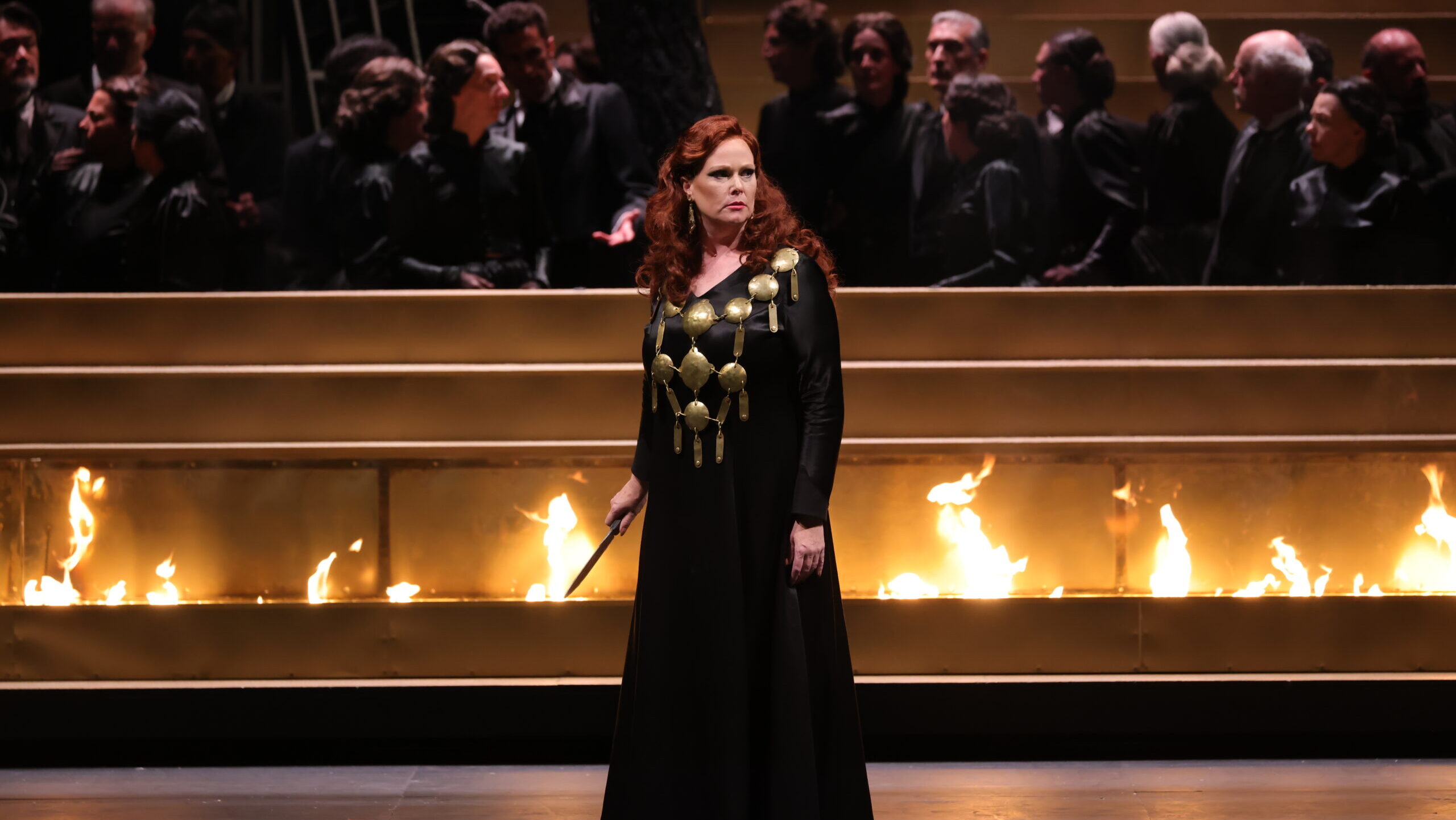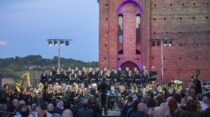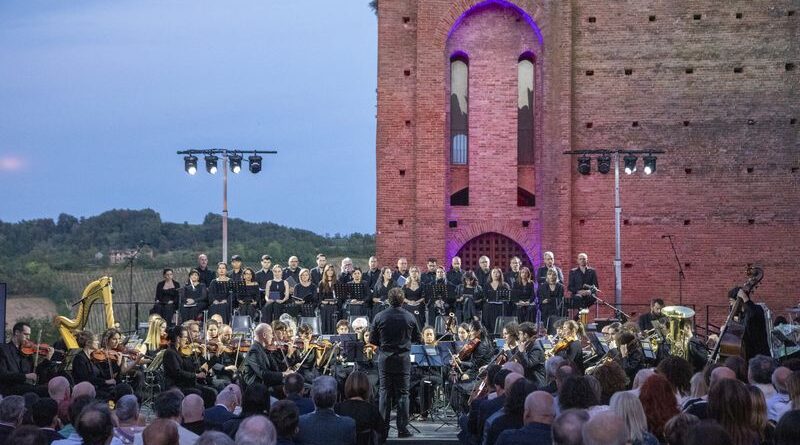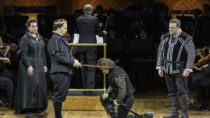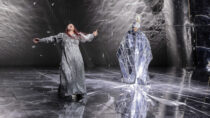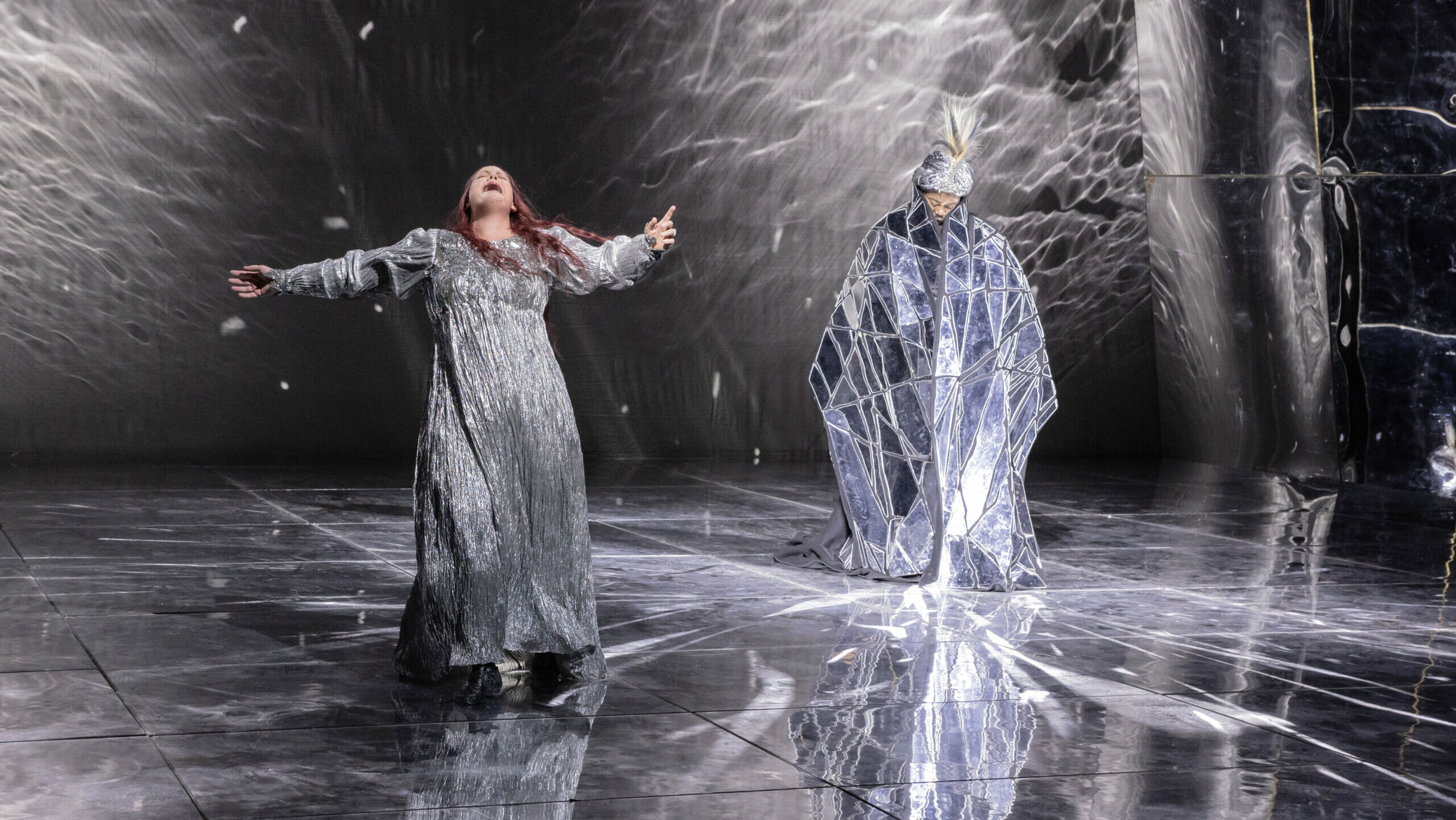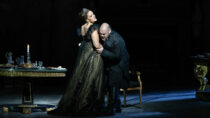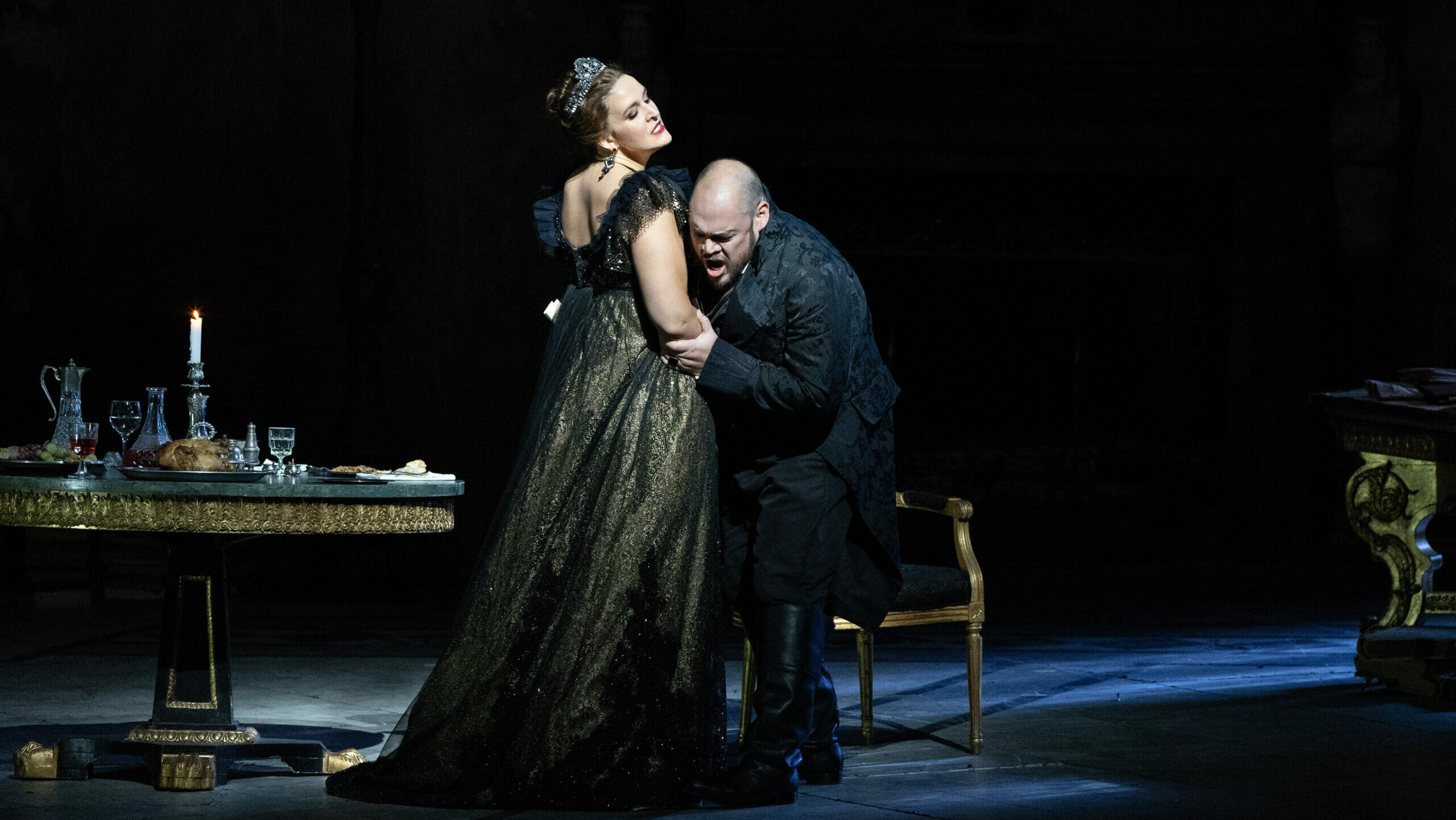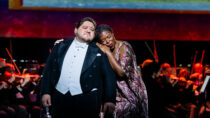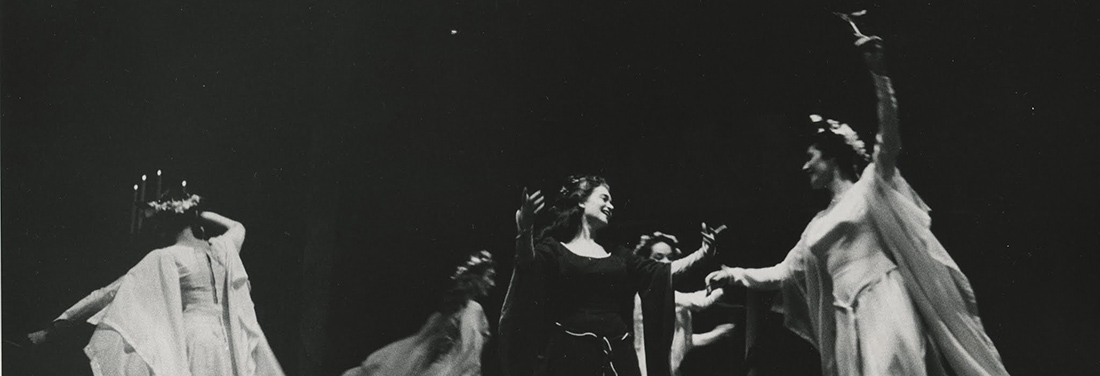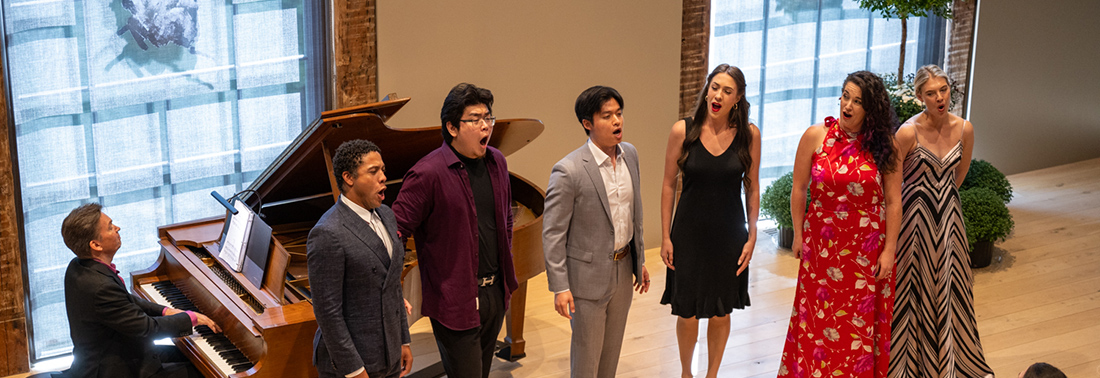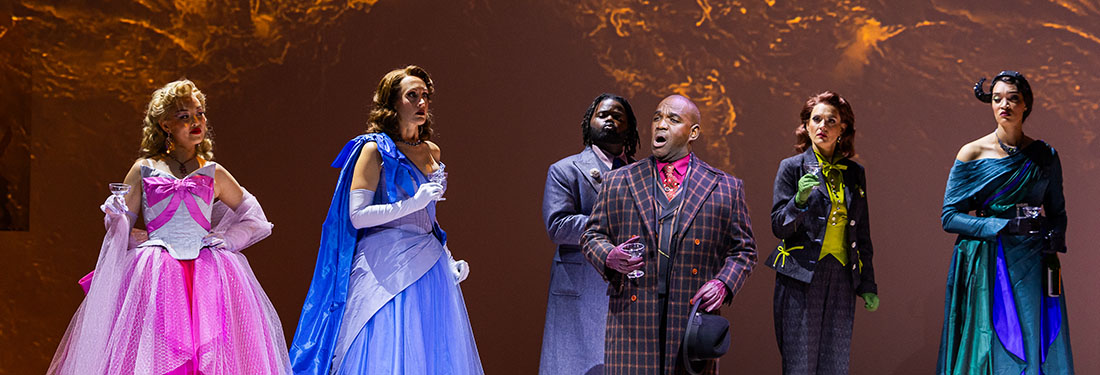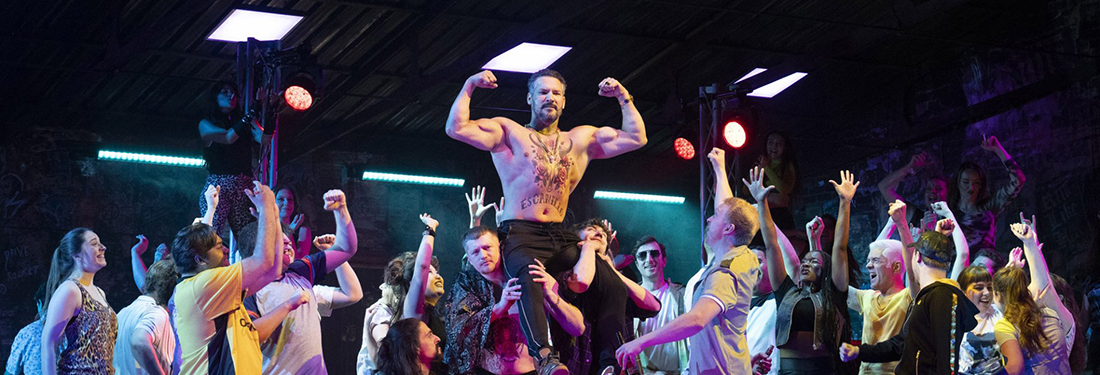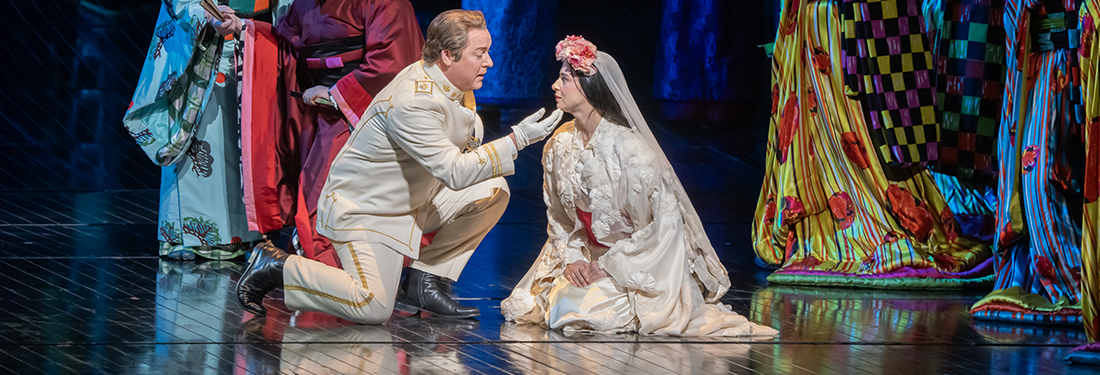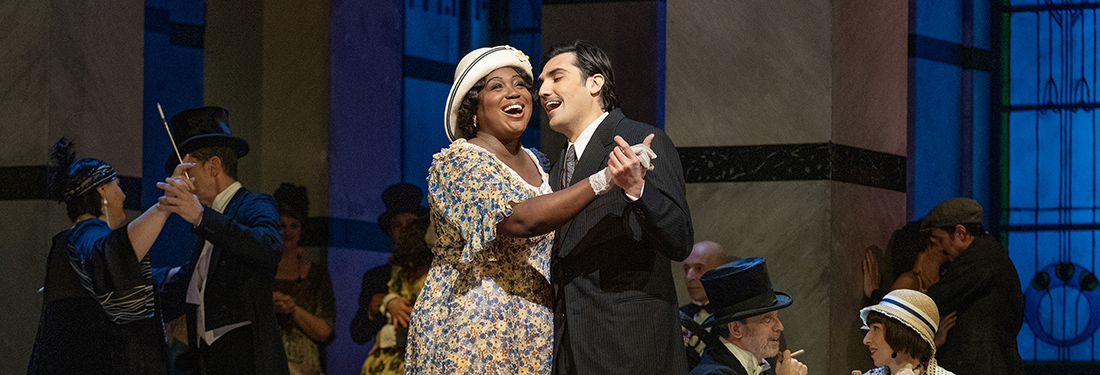
Harry Rose
Part of the annual Festival Illica honoring the city’s native son Luigi Illica, the performance offered a precious opportunity to hear a rare score by an even rarer composer in a gorgeous medieval piazza.
A high-drama Vanessa by the Boston Symphony Orchestra offers something to believe in.
A messy new I puritani at the Met is a historic and historical disappointment.
As my friend and I Ubered out to the luxurious Cobb Energy Centre for Atlanta Opera’s La traviata, I had trains on the mind.
The timing for Boston Lyric Opera’s production of Macbeth this weekend was perfect for Halloween, though the show itself at the Emerson Colonial Theatre was decidedly less spooky.
A pair of Otellos – in Madrid and Parma – is a study in contrasts.
Anna Pirozzi and Luca Salsi reunite in blazing form in Tosca at the Teatro San Carlo
Jessica Pratt’s last-minute Norma in Milan might well be the stuff of legend
Performances of Pittori fiamminghi and Madama Butterfly in picturesque Castell’Arquato were a fine way to honor Luigi Illica, the city’s native son
A new opera company in Hell’s Kitchen is preparing for its first performances of Tosca – and it’s putting the experience of chronic illness front and center.
We are a nostalgic sort, we opera lovers. Fortunately, Korngold’s Die tote Stadt, which arrived in concert form to Boston’s Symphony Hall last weekend, is all about nostalgia.
Despite the practically unmitigated fiasco of the last Verdi concert opera performance seen in Boston, I approached Sunday’s Boston Youth Symphony Orchestras performance of Don Carlo at Harvard’s Sanders Theatre with much more optimism.
A recent conversation with a friend who has loved Die Frau ohne Schatten for twice as long as I have been alive revealed that we both had some unresolved questions about the plot.
After an uneven gala performance of Tosca on Tuesday, I’m not sure what the Met means by “celebrating Puccini.”
With Boston Lyric Opera’s largest opera production of the season already well behind us, the one-off semi-staged gala performance of Aïda held on Sunday at Emerson College’s Colonial Theatre to support the company’s vast education and community engagement apparatus, was a particularly enticing entry on the Boston cultural calendar.
To the extent that singers should be considered stewards of their repertoire, equating bad singing to whatever “verismo” is will only be to the detriment of verismo.
Eastern Long Island remains surprisingly verdant even into the early fall.
Boston Lyric Opera’s shows, of late, are often going to war with their texts.
Does Diane Paulus really have no better ideas?
The rule that governs Dante’s Inferno is called the “contrapasso” – that every sinner is given a punishment in poetic proportion to their crime.
Not too long ago, Benjamin Bernheim gave an interview to Opéra Magazine in which he stated “Je ne suis pas un top model.”
An air of discovery pervaded the first New York presentation of La ville morte much the way that it pervades the opera’s plot itself.
“I come, I come! ye have called me long;
I come o’er the mountains, with light and song”
Puccini’s schmaltziest, most melodic, most dramatically limp, most cynical, most obscure mature work

